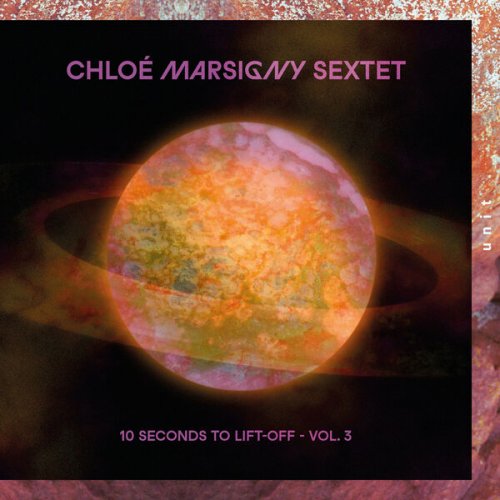Wadada Leo Smith - Red Sulphur Sky (2001)
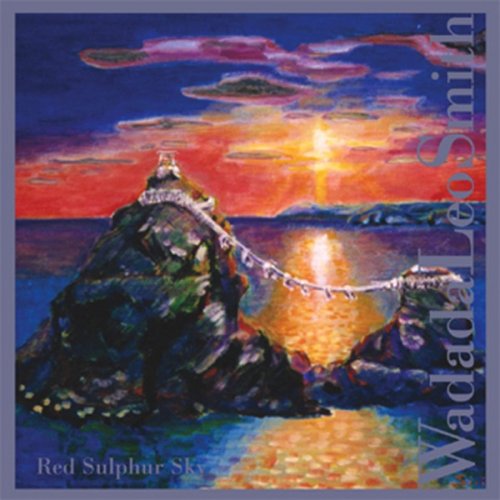
Artist: Wadada Leo Smith
Title: Red Sulphur Sky
Year Of Release: 2001
Label: Tzadik
Genre: Contemporary Jazz, Free Improvisation
Quality: FLAC (tracks+.cue, log)
Total Time: 52:44
Total Size: 205 MB
WebSite: Album Preview
Tracklist: Title: Red Sulphur Sky
Year Of Release: 2001
Label: Tzadik
Genre: Contemporary Jazz, Free Improvisation
Quality: FLAC (tracks+.cue, log)
Total Time: 52:44
Total Size: 205 MB
WebSite: Album Preview
01. Red Sulphur Sky (6:17)
02. Evening Glow A Shining Outward (4:40)
03. The Medicine Wheel - I North: Wisdom: Buffalo: White (7:03)
04. The Medicine Wheel - II West: Introspective: Bear: Black (3:37)
05. The Medicine Wheel - III East: Illumination: Eagle: Yellow (6:25)
06. The Medicine Wheel - IV South: Innocence: Mouse: Green (3:35)
07. Afmie: Purity And Poverty - I A Spiritual Walk On The Tenri Path (3:16)
08. Afmie: Purity And Poverty - II Ishmael And Hagar; In A Luminous Caravan Of Pure Blues (6:09)
09. Afmie: Purity And Poverty - III Unity And Diversity In The Secret Garden Of Life (5:12)
10. Afmie: Purity And Poverty - IV Saint Tekla Haymanot At Debra Libanos Ethiopia (6:30)
Wadada Leo Smith has been on a creative tear since his disc Kulture Jazz appeared on ECM in the mid-'90s. John Zorn's Tzadik label has been host to some of Smith's most aesthetically adventurous and satisfying outings in recent years, so it's no surprise that the trumpeter and composer picked this label for his first solo trumpet recording in over 30 years. Playing trumpet and flügelhorn, without the aid of any production effects, Smith offers an album full of warmth and humor that is genuinely accessible. The set opens with the title work, a shimmering, glowing track that includes phrases from "Over the Rainbow" and "On the Sunny Side of the Street," among others; they are woven into a timbral fabric that offers Smith's staccato and legato phrasings. There is a short, beautiful, almost pastoral work for Zorn called "Evening Glow as Shining Outward," with flügelhorn that is the closest thing to "straight" jazz Smith has played in decades. But the two major works here are both multi-part suites, the four-movement "The Medicine Wheel," which offers musical reflections on the four directions, and "AFMIE: Purity and Poverty," which is also in four movements. "The Medicine Wheel" is full of long tonal passages that reflect changes in color, shape, texture, and even movement on the land and in the air. Smith moves from elegant, shifting chromatic patterns to loping, droning lines to short, turnabout choppy lines as he accents differences that take place in the present perception of the observer. He's more reliant on playing through these changes than in denoting or connoting them with "tricks." On "AFMIE: Purity and Poverty," Smith goes into the bag and pulls out a mute for the second movement, playing from deep inside the bell to offer near-silence as a meditation on form rather than the other way around. He later fills his space with multiple timbres and tonal considerations with sometimes blinding speed, as if to bring his spiritual concerns to the fore with the urgency and immediacy that they demand. But, through it all, he never overplays, no matter the intensity of his ideas. In this suite they are presented quickly, in a dramatic, angular fashion, with many scalar considerations offered on the accents of major and minor figures. The pace is absolutely right -- languid in places, it's contemplative in its beauty. This is a brilliant work, one that should be an enduring part of Smith's shelf and sit right next to his classic ECM date, Divine Love from the 1970s.
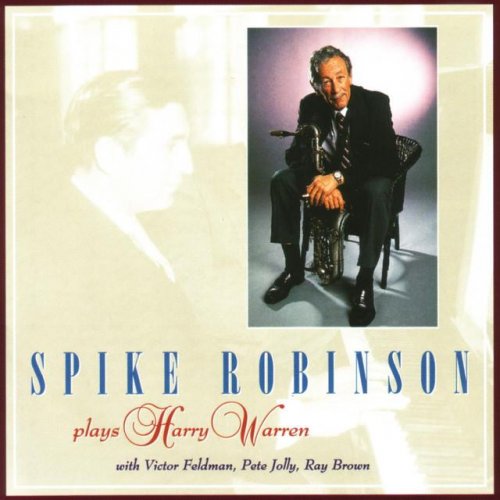
![Quinsin Nachoff - Patterns from Nature (2026) [Hi-Res] Quinsin Nachoff - Patterns from Nature (2026) [Hi-Res]](https://img.israbox.com/img/2026-02/27/85nl7kuvtne1twyima48wpdro.jpg)
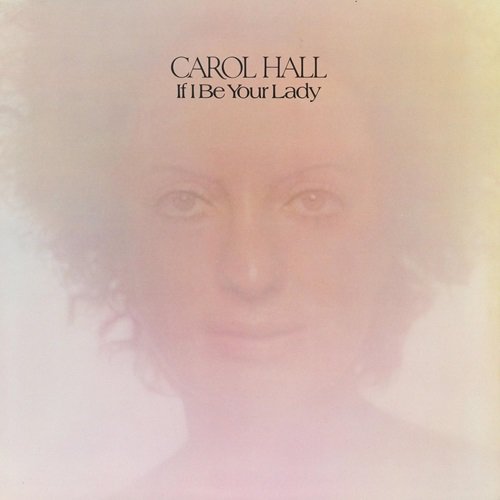
![Roberta Flack - Roberta Flack (2026 Remaster) [Hi-Res] Roberta Flack - Roberta Flack (2026 Remaster) [Hi-Res]](https://www.dibpic.com/uploads/posts/2026-02/1772098000_cover.png)

![Wes Montgomery - Full House (Remastered 2026 / Live At Tsubo / 1962) (1962) [Hi-Res] Wes Montgomery - Full House (Remastered 2026 / Live At Tsubo / 1962) (1962) [Hi-Res]](https://www.dibpic.com/uploads/posts/2026-02/1772124946_cover.jpg)
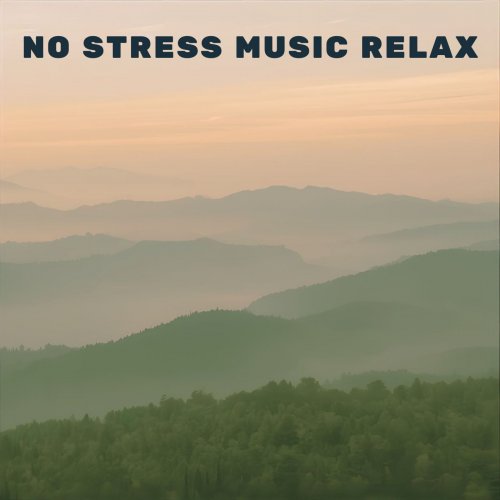
![Various Artists - Lost Tracks: Accra to Addis (2026) [Hi-Res] Various Artists - Lost Tracks: Accra to Addis (2026) [Hi-Res]](https://img.israbox.com/img/2026-02/26/lqvyrzr9f9yed5j0r3zv7c1r6.jpg)
